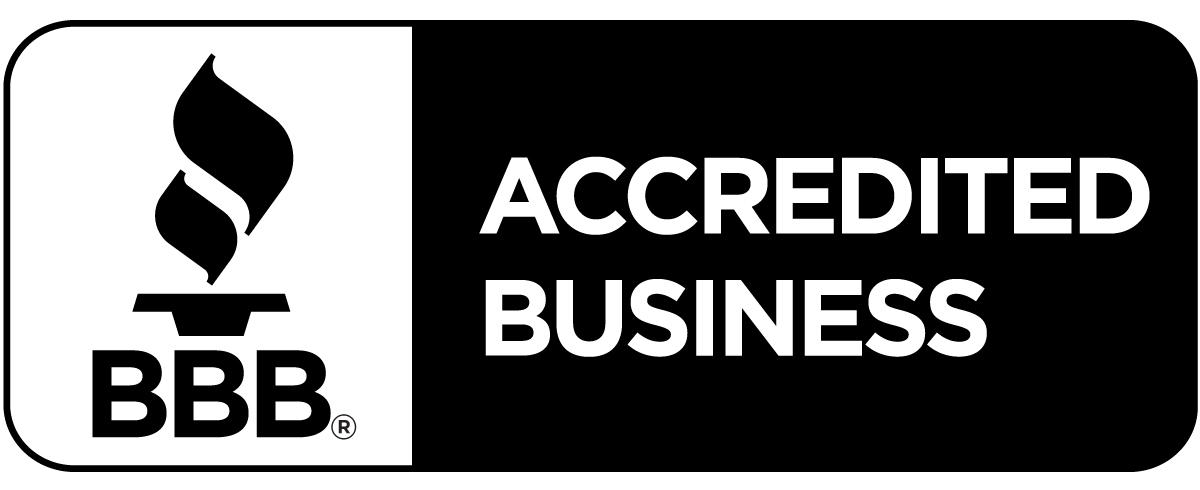SAN FRANCISCO – Creating affordable housing in San Francisco may get easier after the Board of Supervisors on Tuesday unanimously approved eliminating several fees for affordable housing developments.
The legislation to eliminate the fees would also apply to accessory dwelling units, also known as ADUs, according to Mayor London Breed, who introduced the legislation.
“San Francisco desperately needs more housing — especially new rent-controlled housing — and this legislation will encourage the construction of new homes in all our neighborhoods,” she said.
“With building costs already so high, we shouldn’t be adding fees that get in the way of new homes in our city. We need to keep getting rid of barriers that get in the way of building affordable housing, and by waiving inspection fees for 100 percent affordable housing and for ADUs, we can do just that.”
The legislation calls for the department of building inspection to waive the fees, under a one-year pilot program.
The waived fees would apply to building inspections, plan reviews, record retentions and site surcharges.
Permitting fees for affordable housing projects and ADUs can typically range from $100,000 to $150,000 per project, according to Breed’s office.
Also during Tuesday’s meeting, Supervisor Matt Haney introduced legislation to create a Street Level Drug Dealing Task Force, made up of experts, city departments and residents impacted by drug dealing on San Francisco streets.
The task force would help identify the causes of a reported increase in street-level drug dealing and come up with and implement evidence-based solutions.
“It is clear that our city currently lacks a comprehensive, collaborative plan to meaningfully address street level drug dealing and the drug use epidemic — and our communities are suffering because of it,” Haney said.
“It is not secret that just blocks from City Hall, heroin, meth, fentanyl, cocaine, oxycontin and ecstasy are dealt in the open with impunity 24 hours a day. It’s also no secret that this is a situation that would not be tolerated anywhere else,” he said.
“The residents I represent are demanding change and so am I.”
A recent report by San Francisco’s Budget and Legislative Analyst’s Office found that the city spends an estimated $12.4 million annually on policing and criminal justice related to drug dealing, Haney’s office said.
Separately, Supervisors Tuesday unanimously approved zoning changes along Market Street to fill vacant storefronts.
The ordinance, authored by Supervisor Rafael Mandelman, seeks to change zoning on the busy thoroughfare between Van Ness Avenue and Castro Street.
The change allows restaurants, art activities and some nonprofit organizations on first floors of buildings in order to reduce the number of vacant storefronts.
“In a neighborhood struggling with vacancies, the city ought to be doing everything we can to attract businesses and help them to open as quickly as possible,” Mandelman said.
“This legislation envisions an Upper Market where new and delicious restaurants can serve local residents and draw visitors from around the city and the world, where nonprofits that have been priced out of their downtown office space can find a home and where local artists will fill galleries with their photography, painting and ceramics,” he said.



